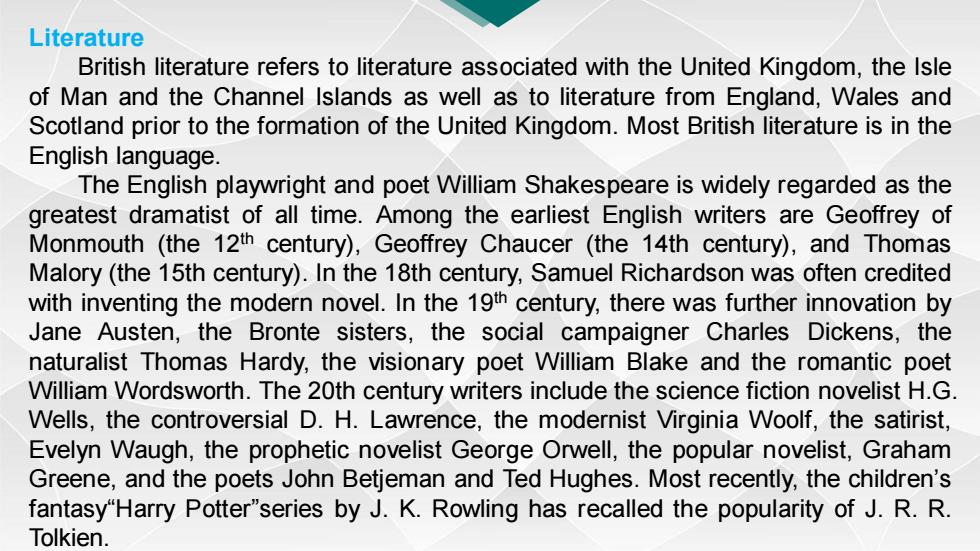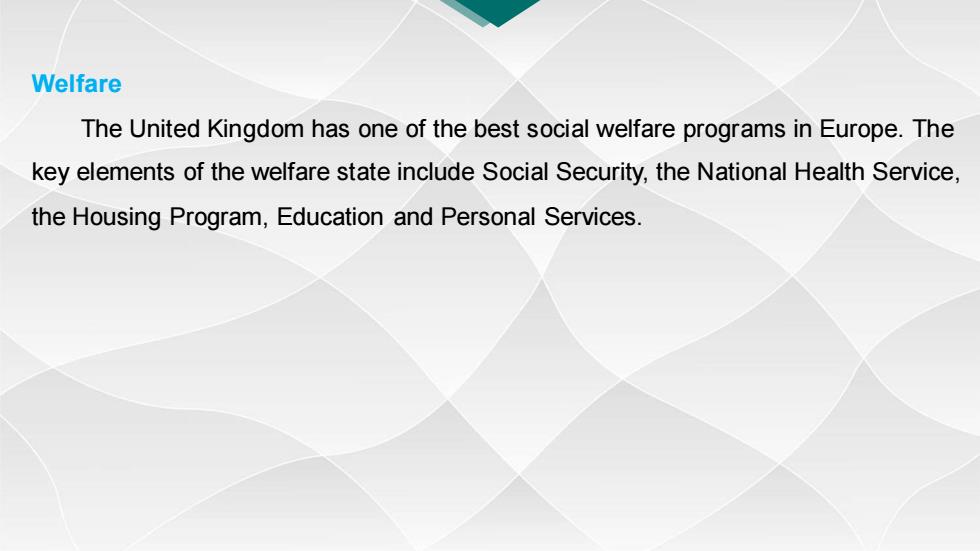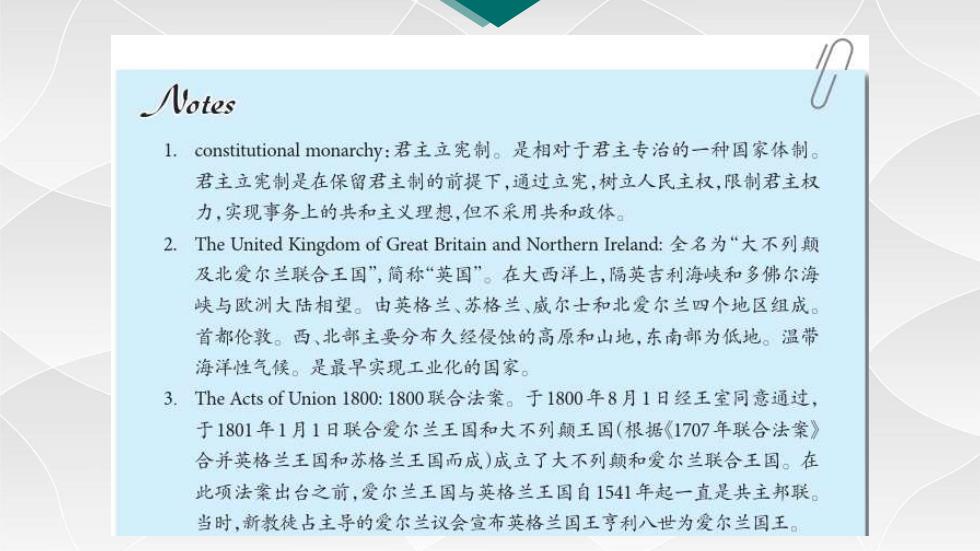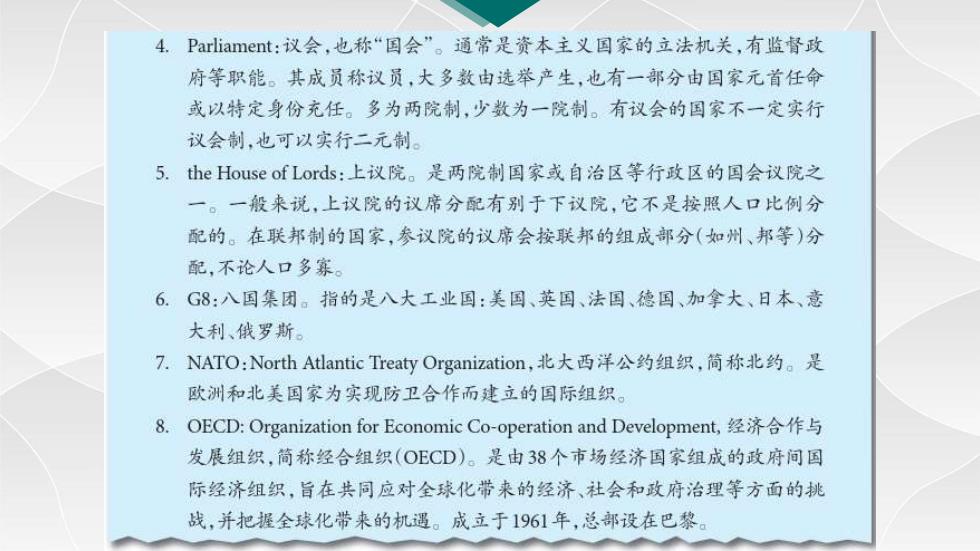
Literature British literature refers to literature associated with the United Kingdom,the Isle of Man and the Channel Islands as well as to literature from England,Wales and Scotland prior to the formation of the United Kingdom.Most British literature is in the English language. The English playwright and poet William Shakespeare is widely regarded as the greatest dramatist of all time.Among the earliest English writers are Geoffrey of Monmouth (the 12th century),Geoffrey Chaucer (the 14th century),and Thomas Malory(the 15th century).In the 18th century,Samuel Richardson was often credited with inventing the modern novel.In the 19th century,there was further innovation by Jane Austen,the Bronte sisters,the social campaigner Charles Dickens,the naturalist Thomas Hardy,the visionary poet William Blake and the romantic poet William Wordsworth.The 20th century writers include the science fiction novelist H.G. Wells,the controversial D.H.Lawrence,the modernist Virginia Woolf,the satirist, Evelyn Waugh,the prophetic novelist George Orwell,the popular novelist,Graham Greene,and the poets John Betjeman and Ted Hughes.Most recently,the children's fantasy"Harry Potter"series by J.K.Rowling has recalled the popularity of J.R.R. Tolkien
Literature British literature refers to literature associated with the United Kingdom, the Isle of Man and the Channel Islands as well as to literature from England, Wales and Scotland prior to the formation of the United Kingdom. Most British literature is in the English language. The English playwright and poet William Shakespeare is widely regarded as the greatest dramatist of all time. Among the earliest English writers are Geoffrey of Monmouth (the 12th century), Geoffrey Chaucer (the 14th century), and Thomas Malory (the 15th century). In the 18th century, Samuel Richardson was often credited with inventing the modern novel. In the 19th century, there was further innovation by Jane Austen, the Bronte sisters, the social campaigner Charles Dickens, the naturalist Thomas Hardy, the visionary poet William Blake and the romantic poet William Wordsworth. The 20th century writers include the science fiction novelist H.G. Wells, the controversial D. H. Lawrence, the modernist Virginia Woolf, the satirist, Evelyn Waugh, the prophetic novelist George Orwell, the popular novelist, Graham Greene, and the poets John Betjeman and Ted Hughes. Most recently, the children’s fantasy“Harry Potter”series by J. K. Rowling has recalled the popularity of J. R. R. Tolkien

Welfare The United Kingdom has one of the best social welfare programs in Europe.The key elements of the welfare state include Social Security,the National Health Service, the Housing Program,Education and Personal Services
Welfare The United Kingdom has one of the best social welfare programs in Europe. The key elements of the welfare state include Social Security, the National Health Service, the Housing Program, Education and Personal Services

Notes 1. constitutional monarchy:君主立宪制。是相对于君主专治的一种国家体制。 君主立宪制是在保留君主制的前提下,通过立宪,树立人民主权,限制君主权 力,实现事务上的共和主义理想,但不采用共和政体。 2.The United Kingdom of Great Britain and Northern Ireland:全名为“大不列颠 及北爱尔兰联合王国”,简称“英国”。在大西洋上,隔英吉利海峡和多佛尔海 峡与欧洲大陆相望。由英格兰、苏格兰、成尔士和北爱尔兰四个地区组成。 首都伦敦。西、北部主要分布久经侵蚀的高原和山地,东南部为低地。温带 海洋性气候。是最早实现工业化的国家。 3.The Acts of Union1800:1800联合法案。于1800年8月1日经王室同意通过, 于1801年1月1日联合爱尔兰王国和大不列颠王国(根据《1707年联合法案》 合并英格兰王国和苏格兰王国而成)成立了大不列颠和爱尔兰联合王国。在 此项法案出台之前,爱尔兰王国与英格兰王国自1541年起一直是共主邦联。 当时,新教徒占主导的爱尔兰议会宣布英格兰国王亨利八世为爱尔兰国王

4.Parliament:议会,也称“国会”。通常是资本主义国家的立法机关,有监督政 府等职能。其成员称议员,大多数由选举产生,也有一部分由国家元首任命 或以特定身份充任。多为两院制,少数为一院制。有议会的国家不一定实行 议会制,也可以实行二元制。 5.the House of Lords:上议院。是两院制国家或自治区等行政区的国会议院之 一。一般来说,上议院的议席分配有别于下议院,它不是按照人口比例分 配的。在联邦制的国家,参议院的议席会按联邦的组成部分(如州、邦等)分 配,不论人口多寡 6.G8:八国集团。指的是八大工业国:美国、英国、法国、德国、加拿大、日本、意 大利、俄罗斯。 7.NATO:North Atlantic Treaty Organization,北大西洋公约组织,简称北约。是 欧洲和北美国家为实现防卫合作而建立的国际组织。 8. OECD:Organization for Economic Co-operation and Development,.经济合作与 发展组织,简称经合组织(OECD)。是由38个市场经济国家组成的政府间国 际经济组织,旨在共同应对全球化带来的经济、社会和政府治理等方面的挑 战,并把握全球化带来的机遇。成立于1961年,总部设在巴黎

Vocabulary constitutional [konstr'tju:fanl] a 宪法的 monarchy ['mDnaki] 1 君主政体 dissolution [disalu:fn] n 分解,分离 assimilate [a'simaleit] 吸收,消化,使同化(nto,with) overcast [auva'ka:st] a 多云的 lush [IAS] a. 茂盛的,繁荣的 density [densati] 2 密度 preeminent [prr'eminant] a. 优越的,卓越的 sophisticated [sfistikeitid] a. 高级的,老于世故的 affluent ['aefluant] a. 富有的 descend [dI'send] v 下来,下降,下倾 diminish[dr'mini.】 减少,减小
Vocabulary